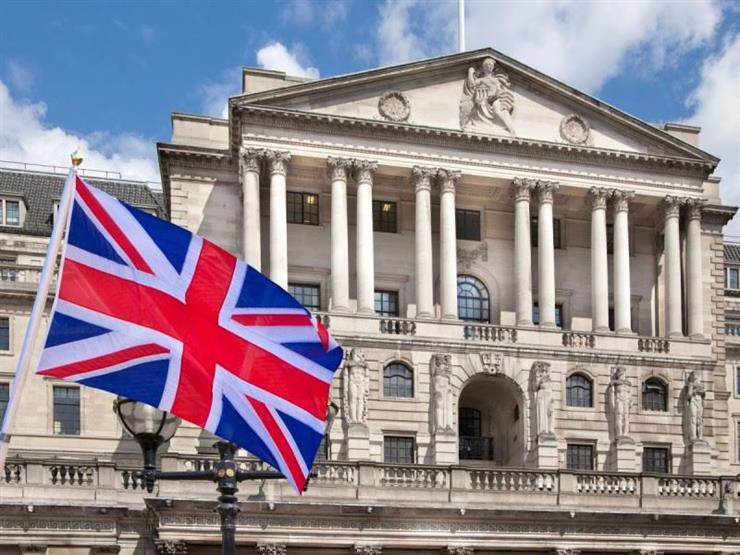
- UK inflation slowed to the Bank of England's target for the first time in almost three years, supporting the chances of an interest rate cut later this year.
- The consumer price index rose 2% year-on-year in May, down from 2.3% the previous month, the Office for National Statistics said Wednesday, in line with economists' expectations for a 2% rise.
- The data is a breather from the harsh cost of living crisis, with inflation exceeding 11% in late 2022 after a surge in prices following the Ukraine war and the lifting of pandemic-related restrictions.
- However, the decline in inflation is unlikely to help the Conservative Party led by Prime Minister Rishi Sunak, who is expected to be defeated in the election scheduled for July 4, or to persuade the Bank of England to cut interest rates immediately.
- The Conservatives’ reputation for economic management has been tarnished by last year’s price rises and recession, and the central bank is still alert to signs that inflation will persist, watching wages and price levels in the services sector before taking action.
- Investors and economists expect Bank of England Governor Andrew Bailey and his colleagues to keep the base rate at 5.25%, its highest level in 16 years, next Thursday, when the decision is announced.
- Although members of the interest rate-setting committee refrained from making official statements during the election campaign, they have previously expressed concern about indicators of implied inflation.
- Economists polled by Bloomberg expect the Bank of England to cut interest rates twice this year, the first in August, while money markets remain tighter, anticipating a single cut in November.



